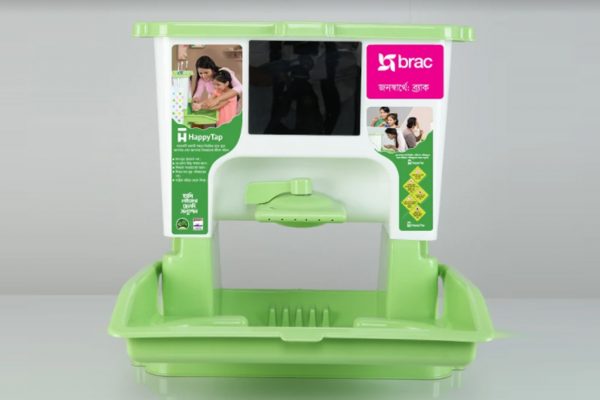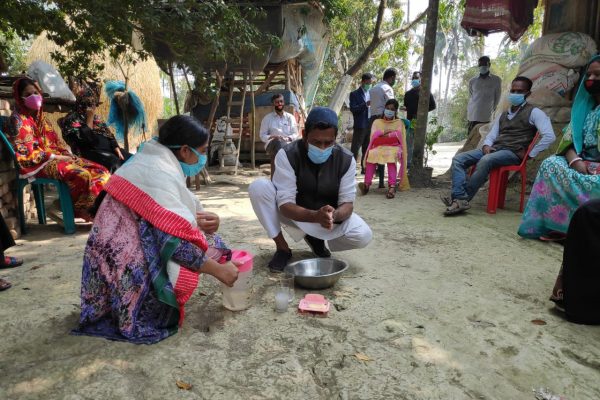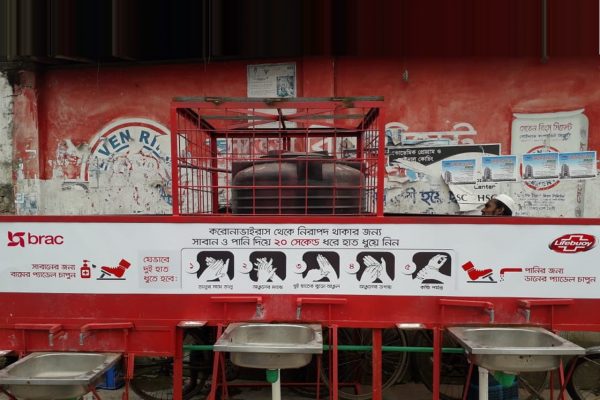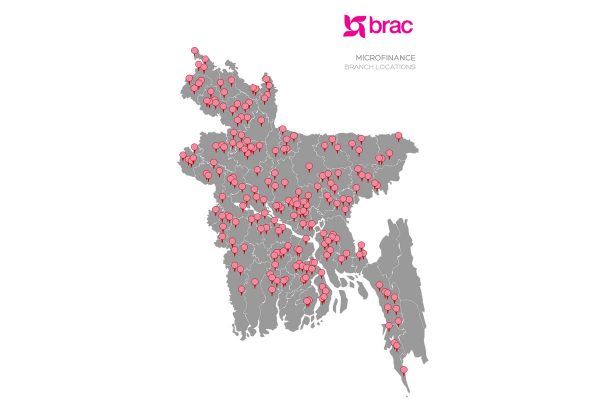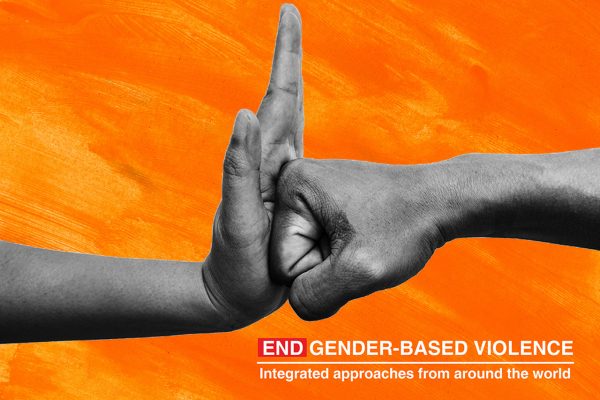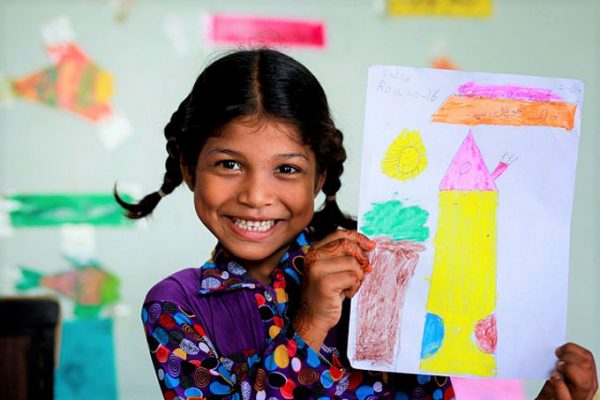
Shafqat Aurin
Aurin is the lead for behavioural design at the Social Innovation Lab (SIL), BRAC. She has experience collaborating with different BRAC programmes, and conducting research, experiments and projects across various fields, from reducing gender-based violence in public transport, to scoping for livelihood opportunities in wetlands, to improving hygiene behaviour across contexts. She holds MBA and BBA degrees from IBA, University of Dhaka, and is currently pursuing a Master in Public Policy from Lee Kuan Yew School of Public Policy in Singapore.


